
Chinese Premier Li Qiang Faces Backlash from Xi Jinping Over Economic Remarks
Chinese Premier Li Qiang is under scrutiny from Chinese leader Xi Jinping after making critical remarks about the nation’s economy. Analysts suggest that Beijing’s censorship of Li’s speech at the Summer Davos Forum reflects internal power struggles within the Chinese Communist Party (CCP).
During the forum held in Dalian from June 25 to June 27, Li compared China’s economic recovery to a person recovering from a serious illness, suggesting that gradual adjustments, akin to traditional Chinese medicine, are needed. However, his comments were removed from state media coverage, with only some overseas Chinese media retaining the remarks.
Former human rights lawyer Lai Jianping noted that Xi was displeased with Li’s candid assessment, similar to how Li’s predecessor, Li Keqiang, faced backlash for revealing economic realities in 2020. This dynamic indicates Xi’s desire to control economic narratives and limit Li’s influence.
Further, Xi’s decision to appoint Ding Xuexiang instead of Li Qiang to head a key science and technology commission has raised eyebrows. Critics argue that Ding lacks relevant experience, implying Xi’s intent to curtail Li’s authority.
The weakening of the State Council’s power under Xi is evident. Xi’s reforms have transferred significant administrative control from the State Council to newly established central-level committees. Premier Li has reiterated the need for the State Council to align politically with Xi’s leadership, indicating a shift towards centralized control.
This centralization trend includes the creation of new entities like the National Data Bureau and the Central Social Work Department, which operate independently of the State Council. Analysts like Lai suggest that these changes aim to consolidate Xi’s control over the CCP and limit the traditional influence of the State Council in governance and economic management.
The ongoing tension between Xi and Premier Li underscores a broader struggle for control within China’s political and economic landscape.
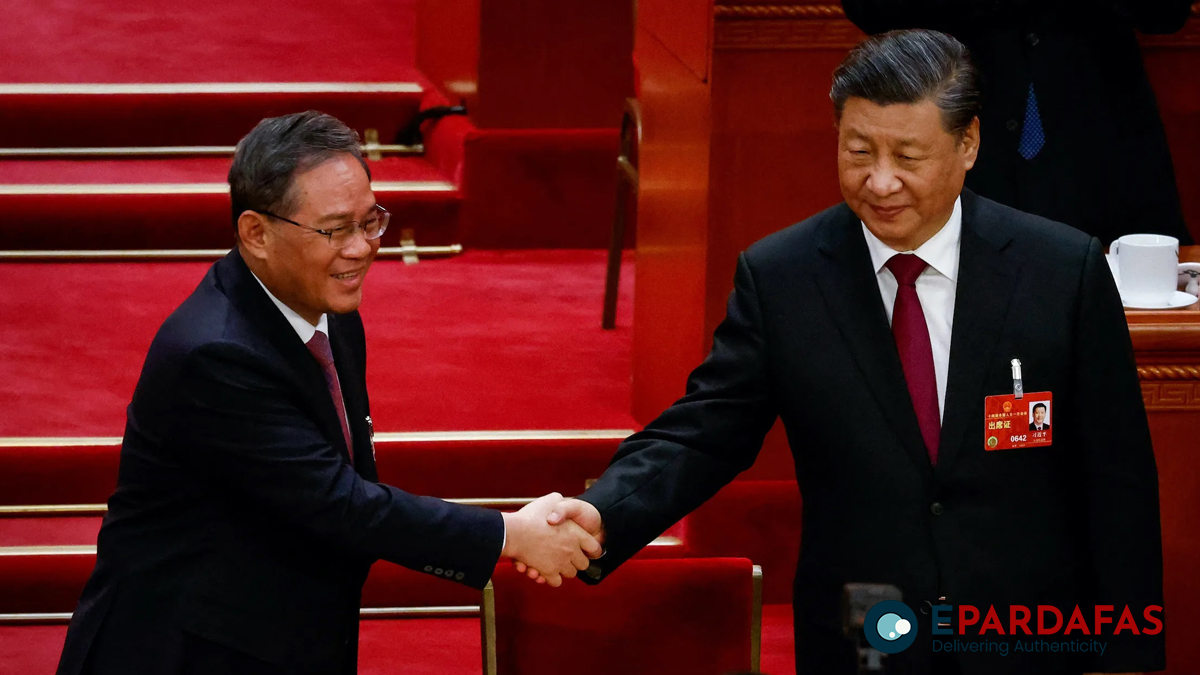



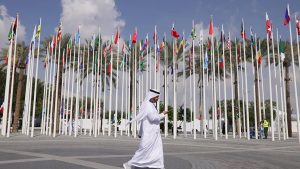
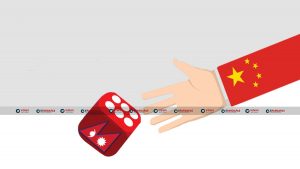
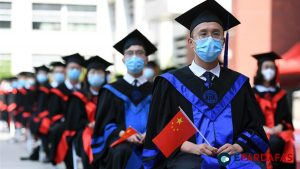





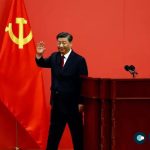
Comments